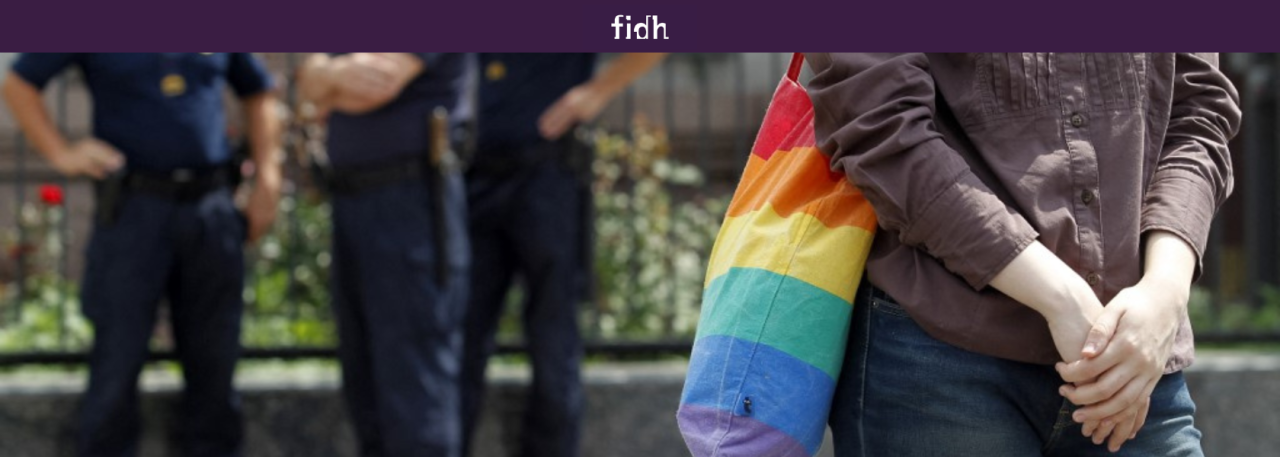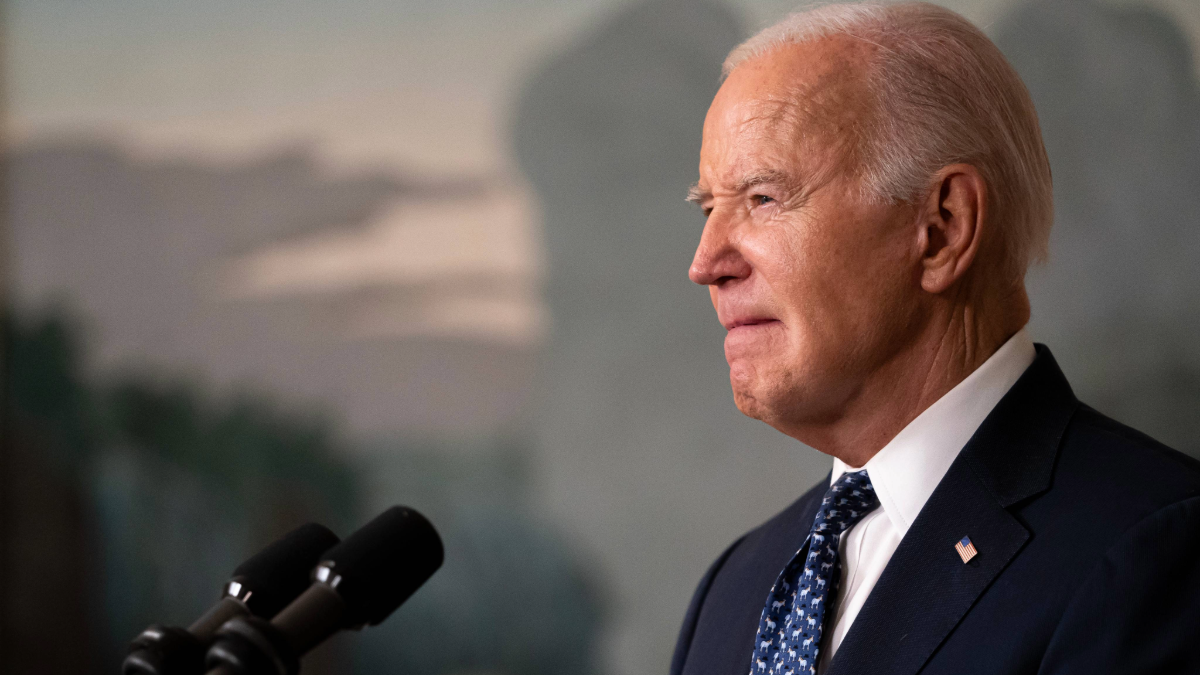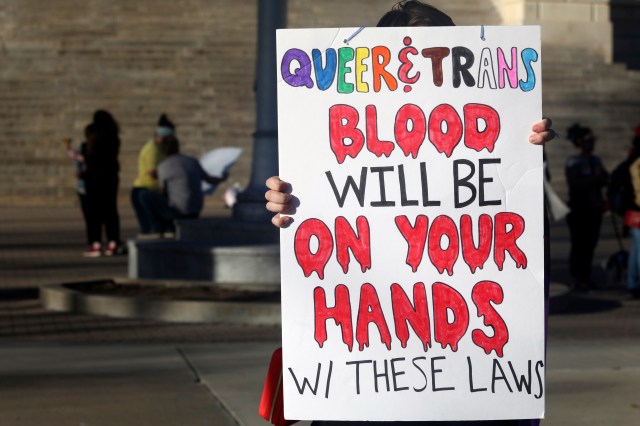
On 17 November 2023, Russia’s Ministry of Justice filed a lawsuit with the State’s Supreme Court, demanding the recognition of the “international public LGBT movement” as an “extremist organization”. The International Federation for Human Rights (FIDH) and its member organisations, the Anti-Discrimination Centre Memorial (ADC Memorial), and Citizen Watch strongly condemn this initiative, which will threaten any individual in Russia supportive in any manner of the LGBT cause.
Paris, Brussels, 29 November 2023. Tomorrow, the Supreme Court of the Russian Federation will consider a lawsuit filed by the Russian Ministry of Justice, demanding the Court to recognize the “international public LGBT movement” as “extremist”. The filing claims that “the International LGBT movement, operating on the territory of the Russian Federation”, shows “various signs and manifestations of extremist orientation, including incitement of social and religious discord”.
This lawsuit is explicitly directed not against a unified and registered organization, but the entire LGBT rights movement. If enacted, any LGBT person in Russia, including activists and organizations fighting for the rights of the LGBT community, but also more broadly all those who recognize the equality of people regardless of their sexual orientation and gender identity, face an immediate and serious risk of persecution.
“The lawsuit is particularly alarming given its apparent aim to destroy the LGBT movement as such and to impede any display of solidarity with the LGBT cause”, said Stefania Kulaeva, Head of the Anti-Discrimination Centre Memorial. “It forms part of a broader strategy: over the past decade, members of the LGBT community have been facing increasing discrimination and persecution in Russia, including repressive legislation, and State-promoted hatred.”
Under Article 282.2 of the Russian Criminal Code, individuals organizing or participating in the activities of an “extremist organization” face up to ten or six years of imprisonment, respectively.
The recognition of an organization as “extremist” also carries the risk of prosecution not only for the “extremist activity” itself, but also for the “propaganda of extremism”, i.e. displaying any symbols that will be attributed to the LGBT community, under Russia’s Code of Administrative Offences. Of particular concern is an ongoing attempt to adopt amendments to the law on extremism being deliberated by the Parliament, introducing the concept of “justification of extremism”, which significantly expands the possibility of prosecuting people who support the recognition of LGBTQI+ rights. The existing practice of criminal prosecution for a similar offence, the “justification of terrorism”, shows that any discussion or artistic expression can be perceived as “justification”, becoming the basis for arrest, prosecution and imprisonment.
As a State Party to the International Covenant on Civil and Political Rights (ICCPR), Russia is obliged to respect and ensure the Covenant rights, including the rights to life, liberty and security, as well as the freedom of speech and the freedom of assembly to all individuals within its jurisdiction, without any discrimination.
The International Federation for Human Rights and ADC Memorial call on all lawyers and judges of the Russian Federation, especially the judges of the Supreme Court, to raise concerns with respect to the lack of adequate legal grounds for the lawsuit in order not to allow it to stand. We also call on the international community to facilitate visas for members of the LGBT community who will be forced to flee Russia based on a well-founded fear of persecution, should the “extremist’ designation be accorded.



